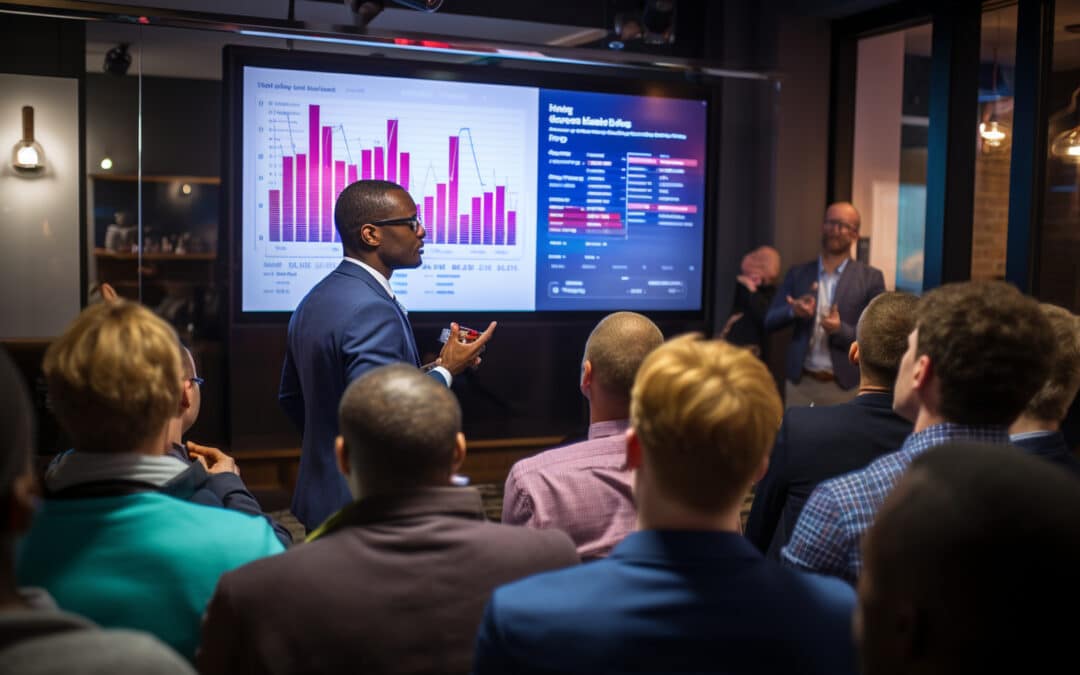Jacky Malgas, Business Development Manager at PBT Group
The arrival of artificial intelligence (AI) and machine learning (ML) in modern organisations, and as they embrace the push towards digital transformation, have inevitably resulted in discussions centred on computers potentially replacing the human workforce. But that does not have to be the case as there are complementary roles both can fulfil to unlock business value through data analysis.
In recent years, the pressure to implement innovative technology at companies irrespective of industry, sector and size have been immense. Often, this happens at the expense of conducting business use cases and seeing how best to integrate it into existing processes and structures.
For example, the rush to migrate to the public cloud has seen many companies reconsidering their approaches due to unforeseen expenses and the impact on data flow and protection within public cloud services. Now, the focus is on shifting towards hybrid environments where organisations can leverage the best of on-premise for sensitive information and cloud environments for collaboration and high-performance computing (HPC) capabilities.
Analytics enhanced
It is in this latter area where AI and ML have really come to the fore.
Moving data into the cloud unlocks the ability to use these technologies to better analyse and understand the information they have at hand. With much of the business focus on developing more personalised and customed solutions, this analysis is critical to understanding what customers want and how best to give it to them.
In this era of augmented analytics, decision-makers will have to spend less money on analysing raw information with AI, ML, and automation playing an integral role in taking over this aspect. But with this, comes concerns that certain job functions at organisations will become obsolete.
This is especially the case when looking at the potential of AI to take over many menial administrative-heavy functions at businesses. Suddenly, those employees who have spent hours of their day doing the ‘heavy lifting’ are no longer required to do so.
New way of business
The reality is that the combination of AI, ML, automation, and human resources are bringing about significant changes at companies. But instead of being an either/or scenario, the analytical potential that these innovative technologies unlock can be a way to unlock more effective decision-making.
As it stands, even the most sophisticated automation through HPC still requires people to work optimally. No company can blindly use the likes of AI and ML instead of people resources and hope to deliver value. These technologies empower employees to become better at their jobs. By taking away much of the day-to-day admin functions, people can start focusing on delivering high cognitive value to the company.
Yes, AI can do things humans cannot do, but similarly, this technology cannot think like the human brain. Finding the right balance that is a purposeful fit for the business will require companies to redefine the roles of people at a time when automation becomes more commonplace.
Part of this entails upskilling and reskilling people for job functions that did not exist even a year ago. Companies can therefore look to create more jobs focused on this higher cognitive value than before. So, instead of replacing jobs, the technology can create an environment where more strategic value is gained from people than before.












